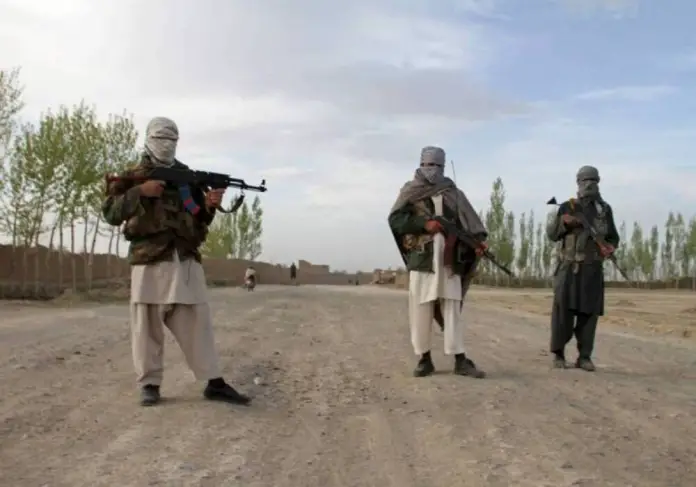Prime Minister of Pakistan Imran Khan, while talking to a Turkish news channel, announced that Pakistan is in talks with some of the TTP groups, and the Afghan Taliban are mediating in the process. If this is true, in my opinion, it is one of the few wise decisions the Khan government has made so far. Many of our liberal friends and left-wing political parties have criticised Prime Minister Khan for his statement, but there are several reasons that show that Pakistan’s proposed engagement with the TTP is a correct decision.
The world recently witnessed the desperate retreat of the US from Afghanistan. The United States of America along with its allies spent billions of dollars in Afghanistan in a prolonged war on terror, but all those efforts went in vain, and the war didn’t end with a military solution. The US had to conduct a comprehensive negotiation with the Taliban in Doha. This proves that war is not a solution in a hostile situation but that there should be a dialogue for a fruitful settlement.
The security forces of Pakistan fought with bravery for more than a decade of war against terrorist insurgents and removed them from our soil. A large number of TTP terrorists were either killed or detained while the remaining escaped across the border to Afghanistan. Over the years, those terrorists conducted numerous attacks across the border that have created immense problems for Pakistan.
Pakistan in the sanctity of the international norms will not violate Afghanistan’s border sovereignty to eradicate the Pakistani Taliban that are hiding in Afghanistan. The humiliating defeat of the US in Afghanistan should not be ignored, and Pakistan’s decison to open negotiations with the Pakistani Taliban should be appreciated as it is one of the few available options for sustainable peace.
Prime Minister Khan talked about some of the groups of the TTP that are negotiating with Pakistan, which is a very good sign. It could have a positive impact that might be beneficial for Pakistan in the future. If several groups of the TTP are engaged with Pakistan, it means that there are serious differences and contradictions within the TTP. If there are differences, it means that they are internally divided into several groups. A few of them want to continue their armed movement while the others are willing to abandon it. If that is true, it will be a major success for Pakistan and will further weaken the already weak TTP.
The role of Maulvi Faqir Muhammad, a prominent TTP leader and co-founder of the insurgent group, will be important. He was recently released from an Afghan detention centre during the Taliban raids in various provinces. Faqir Muhammad belongs to Bajaur and is one of the strongest figures in the current TTP. He has expressed his intention to start a dialogue with Pakistan several times and he seems to have an aptitude for a peaceful negotiation. Pakistan should engage him in a dialogue, which will have a strong impact on the minor commanders of the TTP.
Previously, according to a UN report, there were more than six thousand Pakistani insurgents settled near Pakistan’s border in Afghanistan. After the Taliban takeover of Afghanistan, hundreds of the members of the TTP have been released from various jails of Afghanistan. The Afghan Taliban, on one side, is facing numerous challenges in the shape of a bad economy, international recognition, and the threat of the IS. On the other side it has close relations with the Pakistani Taliban. Keeping this scenario in mind, it is almost impossible for the Afghan Taliban to act against the TTP any time soon.
One of the ideal ways for Pakistan to avoid the TTP threat on a permanent basis is to engage them in a peaceful negotiation. The role of the Afghan Taliban is pivotal in this regard, and Pakistan must use them as a facilitator in any possible settlement with the TTP.







